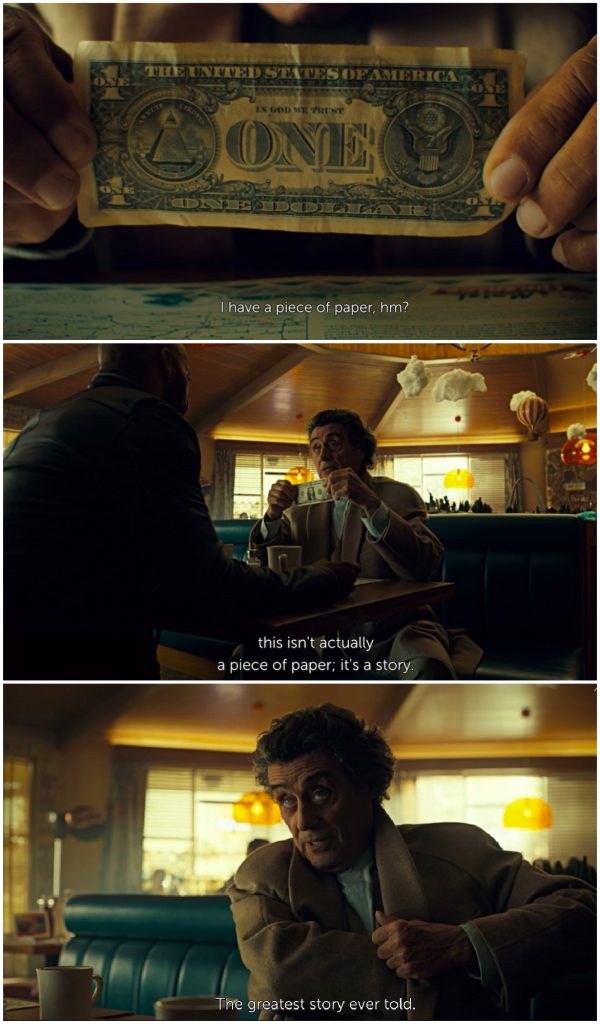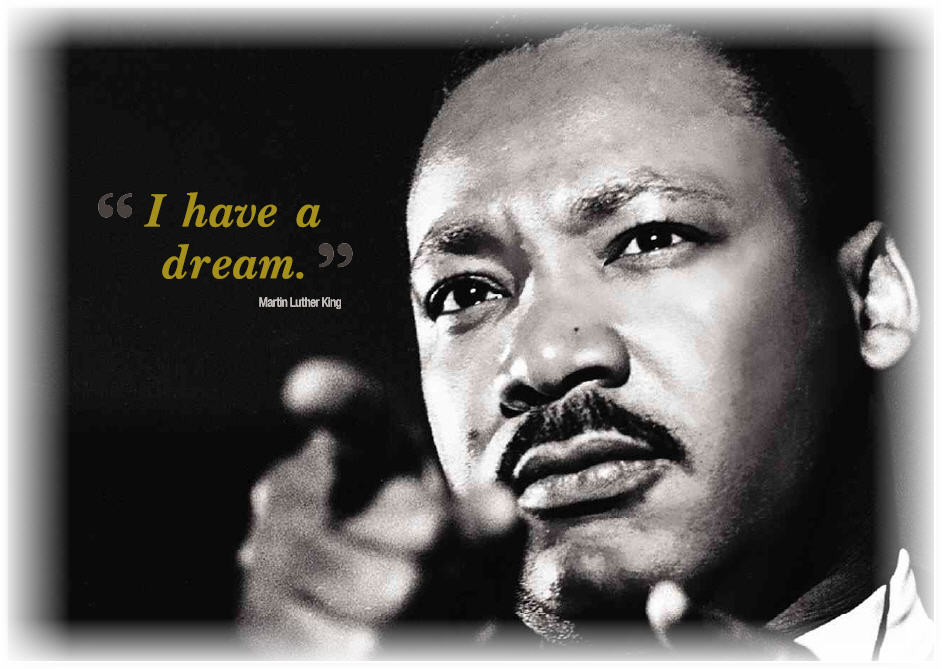
On a 2015 trip to Florence and Rome (my first visit to both cities), I had the opportunity to take in some of the more popular sites, such as the Pitti Palace and the Roman Forum, along with several museums and basilicas that are as plentiful in those parts of Italy as Walmart and waffle houses are in the U.S. Both cities were flooded with tourists, which made popular attractions like Michelangelo’s David a challenge to see without advanced booking and marked virtually every experience as one that was shared with camera-totting strangers. At some of these sites, this meant being herded through an enclosed space by stern security guards, as I encountered at the Sistine Chapel:
Silence, silencio, no photos.
The sheer abundance of it all — from people to works of art to the rich and flavorful cuisine — was overwhelming at times, offset by more tangible realities on the ground, such as Nigerian merchants of black market leather purses and the many Indian migrants who traded in sunglasses, scarfs, and colorful tennis ball sized toys that would be tossed down on a wooden plank, splatter, and re-form in a matter of seconds … pick up and repeat. In Rome, unlike in Florence, they even made a noise — “whaaah” — that could be heard at uneven intervals on popular streets throughout the city. Continue reading “Trinkets from the Vatican Gift Shop”


 1. When people ask what you study, what do you tell them?
1. When people ask what you study, what do you tell them?
